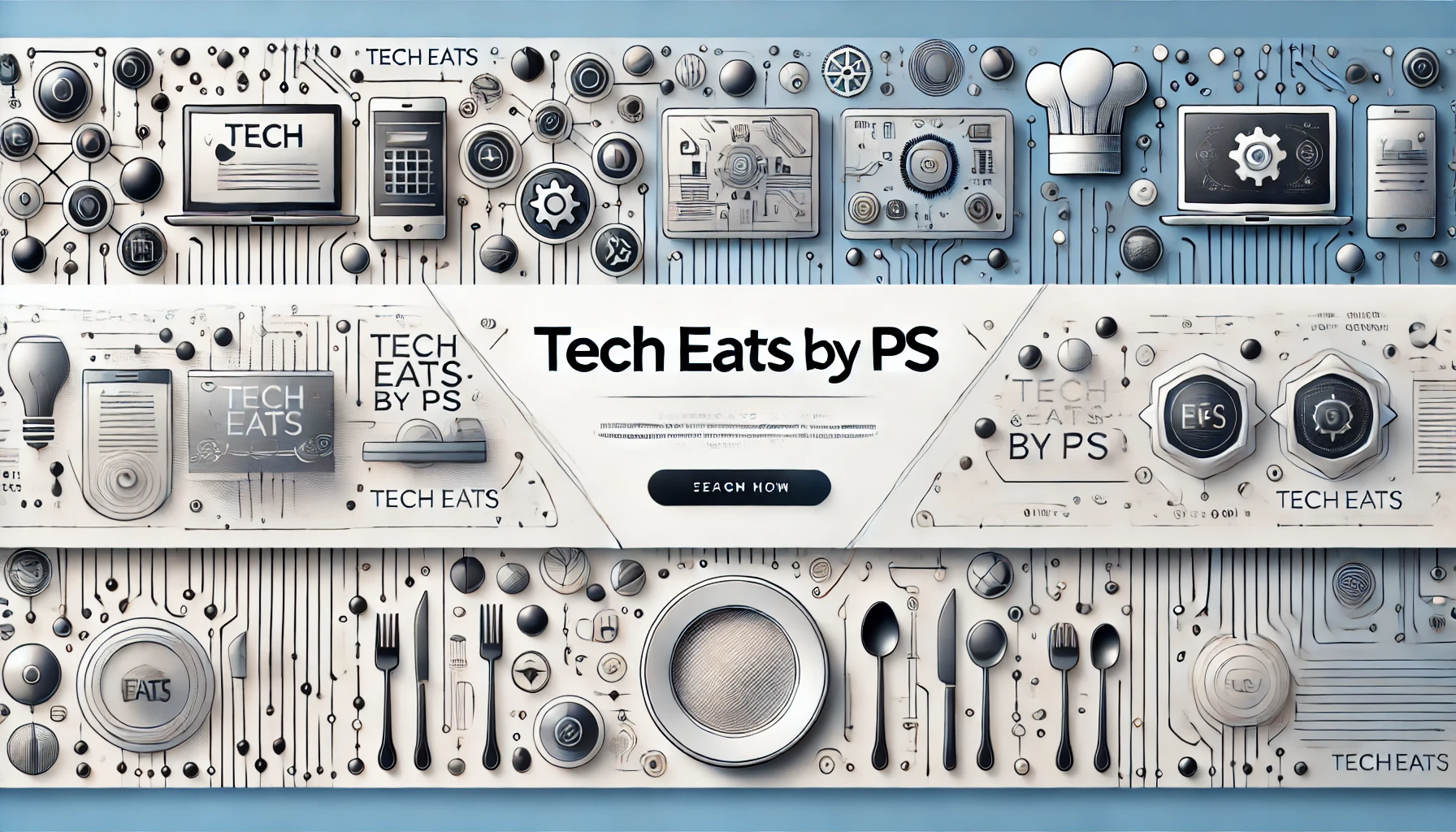Food Technology Innovations is transforming the way we eat in several ways, from how we order food to how it’s grown, cooked, and even personalized. Technology is transforming every aspect of our lives, and food is no exception. Personalized for our health, innovations in food technology are reshaping our eating habits. Here are some key ways technology is shaping our eating habits:

1. Food Delivery & Online Ordering
2. Smart Cooking & Kitchen Appliances
3. Food Production & Sustainability
4. Personalized Nutrition & Diet Tracking
5. Blockchain & Food Safety
6. 3D-Printed Food
1. Food Delivery & Online Ordering
Gone are the days of calling a restaurant to place an order. AI-driven food delivery apps like Swiggy, Zomato, and Uber Eats use Mind Blowing algorithms to suggest meals based on your past orders, dietary preferences, and even the weather!
🔹 AI-powered recommendations: Personalized meal suggestions based on past orders.
🔹 Drones & robots in delivery: Companies like Domino’s and Amazon are testing drone-based food deliveries.

2. Smart Cooking & Kitchen Appliances
Technology is making cooking easier, faster, and more efficient with smart kitchen appliances and AI-driven cooking assistants.
🔹 Smart Ovens & Air Fryers: Devices like June Oven and Tovala automatically adjust temperature and cooking time based on food type.
🔹 AI-Powered Recipe Apps: Apps like Whisk and Cookpad suggest recipes based on ingredients you have.
🔹 Smart Fridges: Samsung’s Family Hub fridge tracks groceries and suggests recipes based on what’s inside.
3. Food Production & Sustainability
Technology is playing a key role in making food production more efficient and eco-friendly.
🔹 Vertical Farming & Hydroponics: Companies like AeroFarms grow food in climate-controlled environments using 90% less water.
🔹 Lab-Grown Meat: Brands like Beyond Meat and Impossible Foods are creating plant-based alternatives that taste like real meat.
🔹 AI in Agriculture: AI is being used to detect plant diseases, predict crop yields, and optimize farming processes.

4. Personalized Nutrition & Diet Tracking
Your diet can now be tailored to your unique needs, thanks to AI and wearable devices.
🔹 AI-powered Nutrition Apps: Apps like MyFitnessPal and Yazio analyse your eating habits and suggest healthier choices.
🔹 Wearable Tech: Devices like Fitbit and Apple Watch track calorie intake and activity levels, helping users make smarter food choices.
🔹 DNA-Based Diets: Some companies offer DNA analysis to recommend personalized diets based on genetic data.
5. Blockchain & Food Safety
Consumers today want to know and must know where their food comes from. Blockchain technology is helping improve food traceability and safety.
🔹 Food Origin Tracking: Companies like IBM Food Trust use blockchain to trace food products from farm to table.
🔹 AI in Food Safety: AI-powered systems can detect contaminants and ensure better food quality.
6. 3D-Printed Food
3D printing is making its way into food, allowing for customized meals and even creating food for astronauts!
🔹 Customized Nutrition: 3D printers can create meals based on a person’s specific dietary needs.
🔹 Sustainable Food Solutions: Companies like Natural Machines are experimenting with printing meat alternatives and plant-based foods.
Conclusion:
Technology is not just changing how we eat-it’s revolutionizing the entire food ecosystem. From AI-driven recommendations to sustainable food production and blockchain transparency, the future of food tech is exciting and promising. As these innovations continue to evolve, our eating habits will become more convenient, sustainable, and health-focused.
Stay updated with the latest in food technology on techeatsbyps.com!
Also Check out : https://techeatsbyps.com/smart-kitchen-gadgets-2025-do-they-really-make-life-easier/
Also Check out : https://techeatsbyps.com/7-game-changing-food-tech-start-ups-in-2025-that-will-blow-your-mind/
